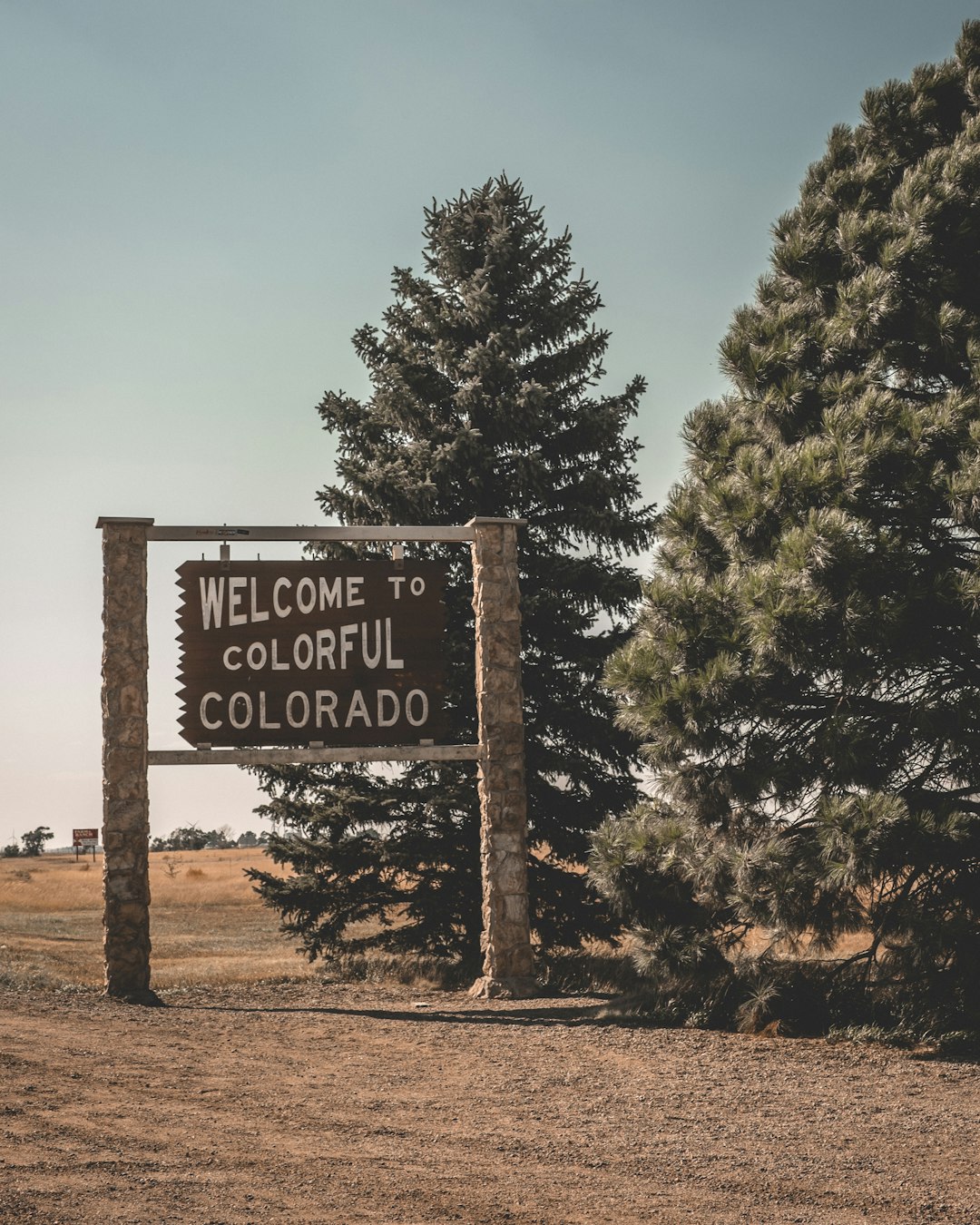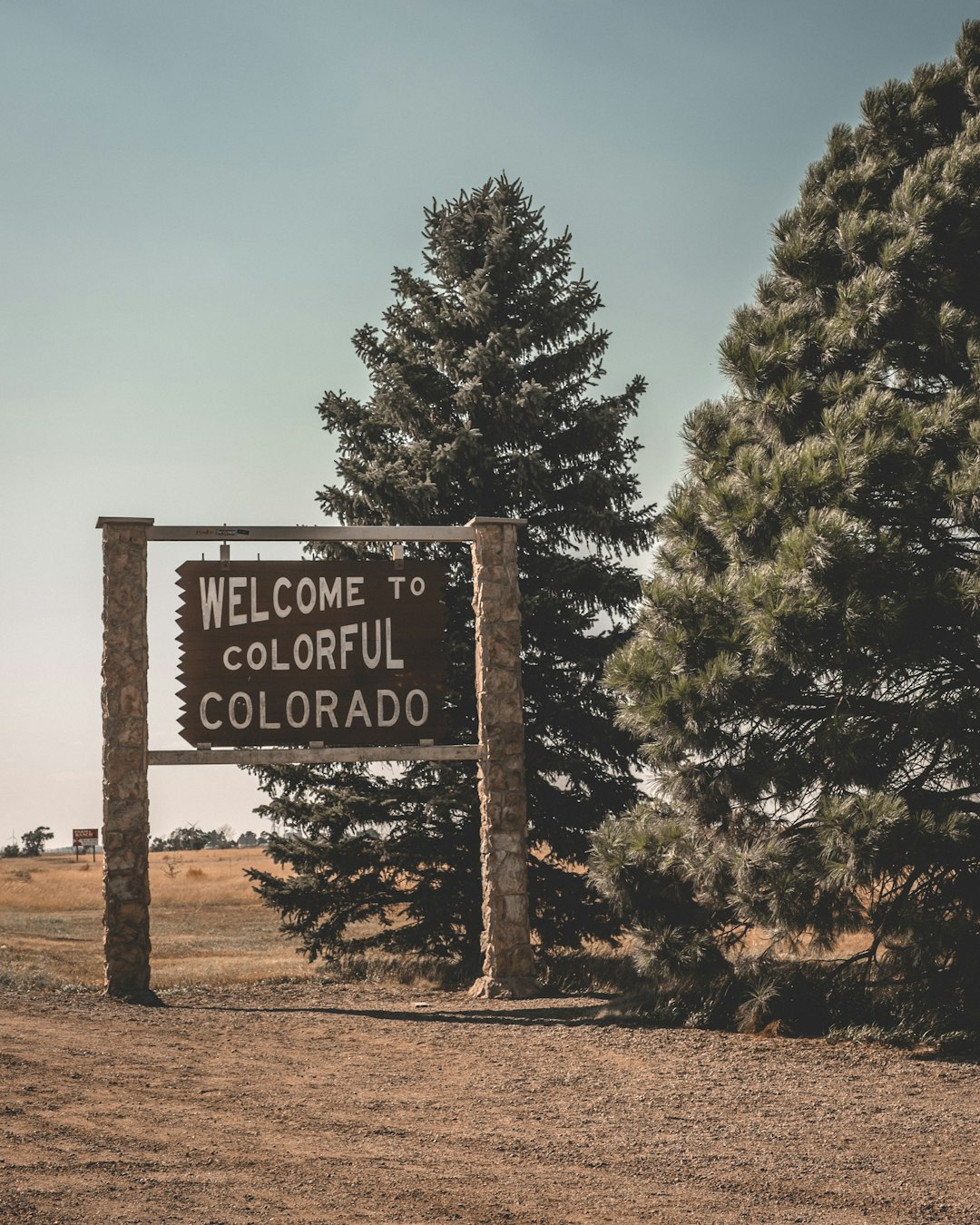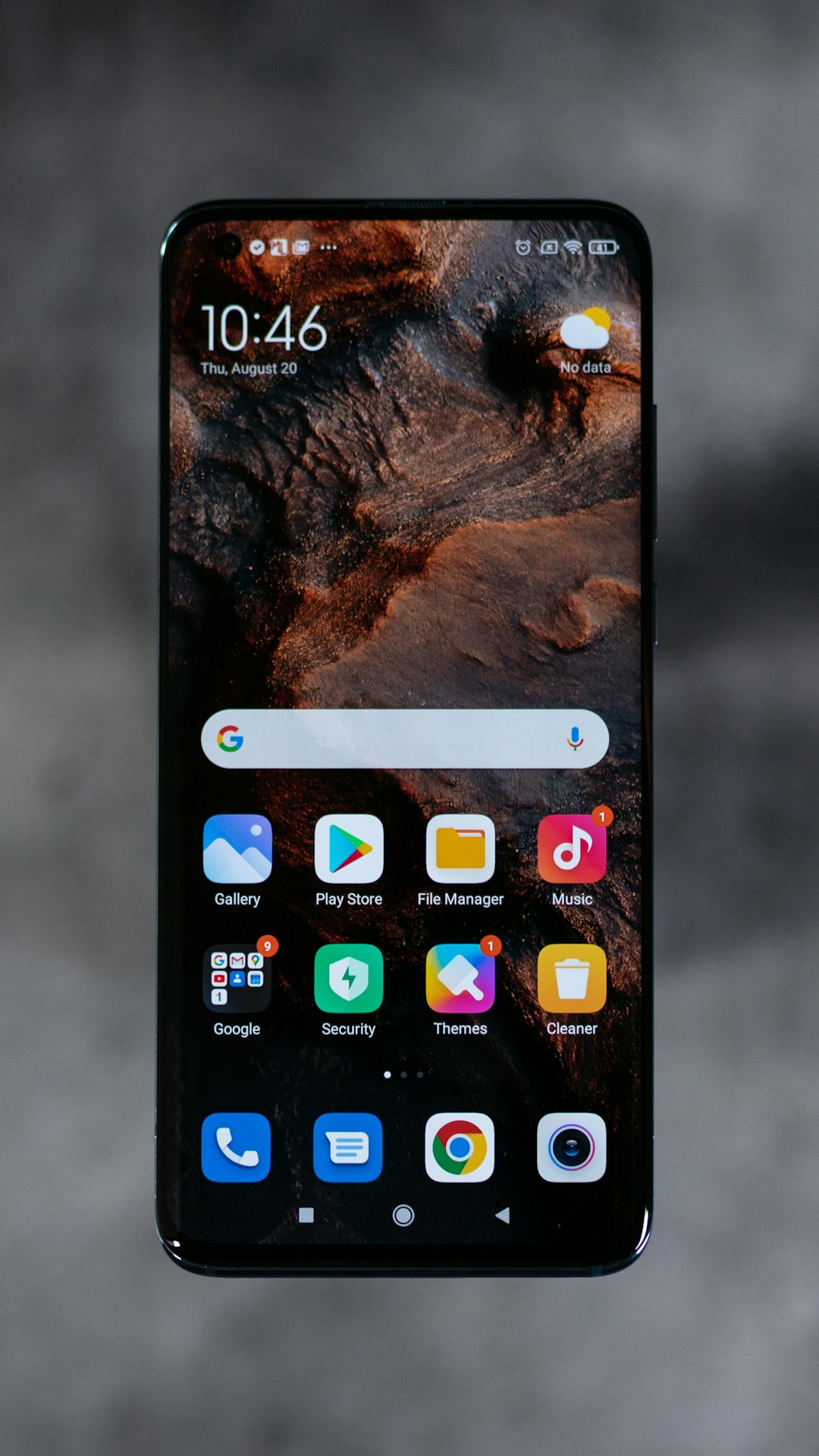Colorado's "Do Not Call" list helps residents block automated telemarketing calls during specific hours. Law firms face challenges due to exemptions for political organizations and debt collectors. Individuals can protect their privacy by registering on national and state Do Not Call registries, opting out of call lists, and limiting marketing calls from law firms Colorado.
Despite the implementation of strict No Call regulations, robocalls continue to plague Coloradans. This article explores the challenges posed by automated phone calls, targeting specifically No Call law firms in Colorado. We delve into loopholes and exceptions within the regulations, providing insights into why these nuisance calls persist. Additionally, we offer practical strategies for consumers and businesses alike to combat this growing issue, ensuring a quieter, more peaceful communication landscape.
Understanding No Call Law Firms in Colorado

In Colorado, just like many other states, there’s a strict “Do Not Call” list designed to protect residents from unwanted telemarketing calls. This list is regulated by the Colorado Public Utilities Commission (PUC) and allows individuals to register their phone numbers to opt-out of automated or prerecorded telephone solicitations. No Call laws aim to give citizens control over their privacy, preventing robocalls from marketing, sales, or political campaigns during certain hours.
Colorado’s Do Not Call list is a powerful tool for residents seeking respite from relentless robocalls. By registering, businesses are prohibited from calling these numbers using automated dialing systems. This legislation ensures that peace of mind and personal time are safeguarded, fostering a more harmonious balance between communication and intrusion.
Loopholes and Exceptions in Robocall Regulations

Despite the implementation of the Do Not Call regulations, robocalls remain a persistent issue, especially for businesses in highly regulated industries like law firms in Colorado. These regulations, while well-intentioned, often include loopholes and exceptions that allow certain types of automated calls to proceed. For instance, political organizations and debt collectors are exempt from the strictest restrictions, enabling them to utilize robocalls extensively. Law firms, on the other hand, face a complex landscape where they must balance client communication with compliance.
The challenge lies in interpreting and implementing these exceptions effectively. Automated messages for legal reminders, appointment confirmations, or client updates can easily blur the lines between acceptable and prohibited calls. Colorado’s Do Not Call law requires explicit opt-in consent for marketing calls, but the definition of “marketing” is not always clear-cut for legal communications. This ambiguity creates a need for law firms to stay vigilant, thoroughly understand the regulations, and adapt their communication strategies accordingly to avoid inadvertently breaching privacy laws while reaching out to clients.
Strategies to Combat Persistent Robocalls

Despite robust “Do Not Call” lists and regulations, robocalls persist as a nuisance for many Coloradans. These automated calls often originate from law firms attempting to solicit new clients or push legal services, despite consumers’ explicit preferences to the contrary. To combat this persistent issue, several strategies can empower individuals to protect their privacy:
First, registering on national “Do Not Call” registries, including those specific to Colorado, is crucial. While not all robocalls are illegal, these registries restrict marketing calls from known telemarketers. Additionally, consumers should consistently exercise their right to opt-out or request removal from call lists when contacted by law firms or other entities. Many firms rely on purchased call lists, so proactive consumer action can help reduce the volume of unwanted calls.






